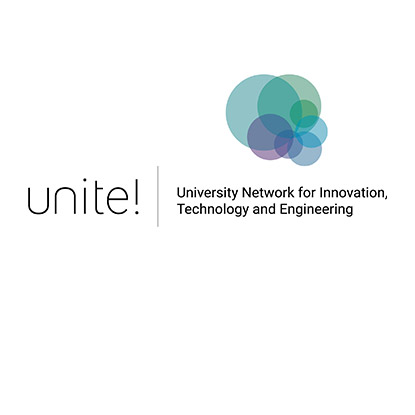Read other Germanic languages!
Intercomprehension workshop for Unite! staff members
2023/11/28
Intercomprehension is the competence or strategy to understand languages that we haven’t learned yet, but that are part of the same language family of a language we already know. In the workshop, intercomprehension as a strategy will be explained and tested. By using specific strategies, understanding texts in Dutch, German, Swedish or other Germanic languages will be suddenly much easier. Furthermore, intercomprehension introduces an easy way to learn reading a new language of the same language family autonomously. The workshop will take place in the first half of December 2023, apply by 29. November.
When?
The Workshop consists of:
- A short online preparation task to get acquainted with Metacampus (01.-06.12.23)
- Two consecutive online sessions via Zoom:
- Thursday, 07.12.23, 16:00-20:00 CET and
- Thursday, 14.12.23, 16:00-20:00 CET
- One small task between the two sessions in order to apply the strategies learned.
Who can apply?
Every staff member (teachers included) of the Unite! Community, who knows or has learned German or Swedish (or another Germanic language besides English) on the B1 level of the CEFR. The maximum number of participants is 20.
How to apply?
Send an email to robin.breit@tu-… by 29.11.23. If you have any questions, feel free to also use this contact! All relevant information will be shared after the application process.
Learning Outcomes:
- The participants are able to read and understand globally or selectively different text types (e.g. online news, newspapers, abstracts of research papers, presentations etc.) that are related to their academic and everyday life.
- In order to do this, participants…
- are aware about the linguistic relations between Germanic languages;
- have reflected about their individual (plurilingual) language repertoire and know how to mobilize that knowledge;
- have reflected about their (language) comprehension strategies (and language learning strategies);
- can recall the “seven sieves” and apply them to authentic texts in languages that they haven’t learned yet;
- know how to implement intercomprehensive reading and learning strategies in their (academic) everyday life in order to further develop their plurilingual language repertoire autonomously.
Unite!

